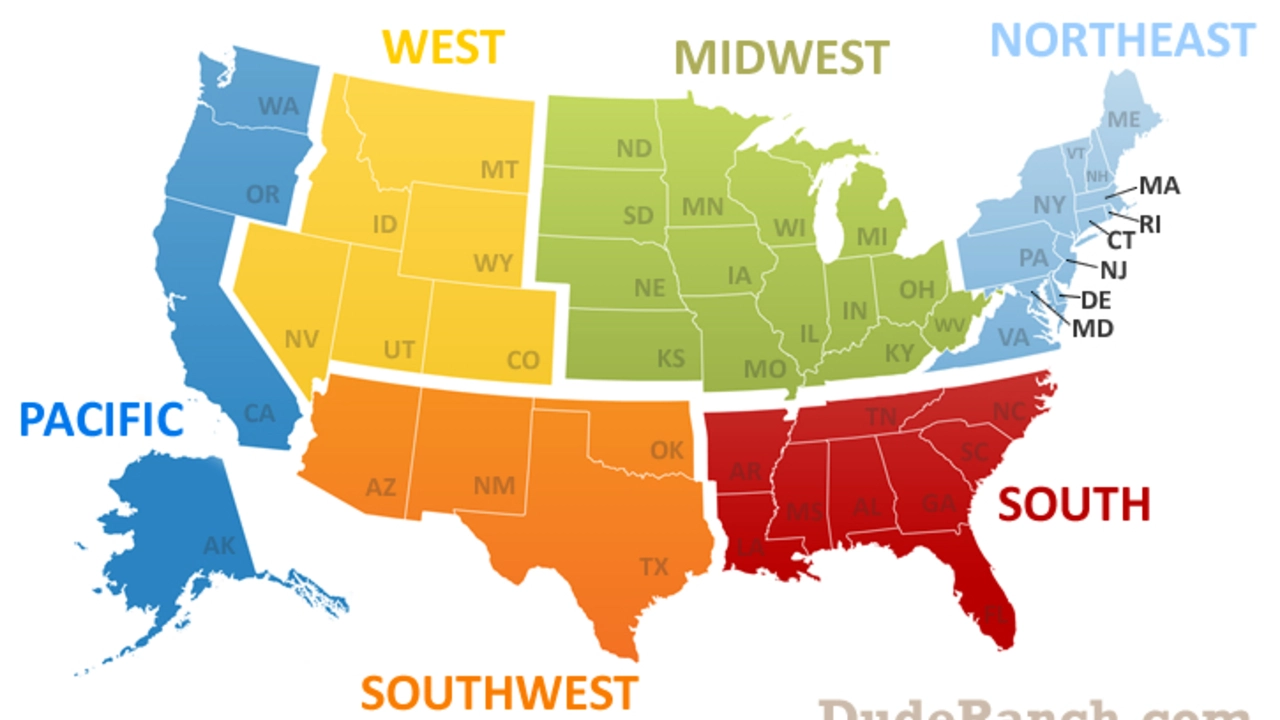Tech Jobs on the East and West Coasts – A Quick Career Guide
If you’re scrolling through job boards and wondering whether to pack up for the West Coast or stay on the East, you’re not alone. Tech talent moves like water, and the two coasts pull in different currents. Let’s break down what each side offers, so you can pick the spot that fits your skills, budget, and vibe.
What Each Coast Brings to the Table
The West Coast, especially Silicon Valley, still feels like the Mecca of software, cloud, and internet services. Big names and generous equity packages keep the magnet strong. But the price of a one‑bedroom in San Francisco can eat up most of that salary fast. Meanwhile, cities like Seattle and Austin (though technically Central) add variety with strong SaaS and gaming scenes.
On the East Coast, Boston and New York have turned tech into a multi‑industry game. Boston leans heavily into biotech, AI research, and edtech, while New York blends finance with fintech, media, and e‑commerce. Rent is high in Manhattan, but you’ll find more affordable neighborhoods across Brooklyn, Queens, and upstate options that still keep you close to the action.
Both coasts share thriving startup ecosystems, but the West tends to favor rapid scaling and a “move fast” culture. The East often mixes traditional corporate structures with agile teams, giving you a chance to see how tech fits into larger business models.
How to Choose the Right Coast for You
Start with your career goal. Want to build a product that reaches millions overnight? The West’s venture‑backed environment might be the fastest track. Looking to dive deep into regulated industries like health or finance? East Coast firms often have clearer paths into those sectors.
Next, think about lifestyle. Do you thrive on sunny weather, outdoor activities, and a laid‑back office vibe? Or do you prefer a fast‑paced city life with ample cultural events and public transport? Your daily happiness will affect performance, so weigh those preferences early.
Cost of living is the silent deal‑breaker. A $120k salary in San Jose barely covers rent, while the same number in Boston stretches further, especially if you’re okay with a shorter commute. Use a quick cost‑of‑living calculator to see how far your paycheck really goes.
Finally, look at the tech stacks in demand. West Coast firms often prioritize JavaScript frameworks, cloud platforms like AWS, and micro‑service architectures. East Coast companies might ask for experience in Python for data science, Java for enterprise solutions, or C# for financial software. Align your skill set with the prevalent stack to reduce the learning curve.
Bottom line: there is no universal "better" coast. The best fit depends on what you value most—speed, industry focus, cost, or culture. Take a few weeks to list your priorities, compare a handful of job postings on each side, and you’ll spot the pattern that points you toward the right coast for your tech career.
